Data breaches at the corporate or organizational level can be hazardous. Such breaches don’t just invite financial blows but jeopardize an organization’s repute as well. Despite stringent password policies, data breaches are still rampant.
Preventing your company’s data from getting exposed is not just the onus of the top-level management, it is the complete organization onus as one. In this blog, we’ll have a look at some of the best password practices that can prevent your company’s data from getting stolen or sabotaged.
But before looking at some practices that can help you defend against password data breaches.
Let’s have a look at some numbers which substantiate the need for cementing password security –
| Numbers Speak |
| – As per a 2018 report, 81% of companies’ data breaches occur due to poor passwords. Read
– A quarter of employees still can access accounts from their previous workplace. Read |
– Use Strong Complex Password
Employees are supposed to use passwords across several systems. It is quite understandable that humanly it is next to impossible to remember complex passwords. Having said that, if employees keep simple passwords across a wide variety of applications and systems used at the organization, these passwords can easily be guessed by cybercriminals or snooping employees. This is where a good password manager comes into being.
– Employees Should Be Encouraged To Not Reuse Passwords
Almost 91% of people are aware of the fact that reusing passwords is not right, still, nearly 60% of people reuse passwords.
There are instances where employees use a universal password everywhere. In an event of a third-party data breach, this can be lethal. But again, maintaining password complexity is not everyone’s cup of tea, isn’t it? So what can an employee do to strengthen password security?
For every application, work, portal, or system access, an employee should make it a habit to change passwords periodically, preferably every 90 days. This practice would minimize the probability of password breaches. If you are a manager or a lead and are in charge of your and your subordinates’ passwords, take the plunge and assign a strong password for every work account.
Here again, using a good password manager can be a great solution.
Looking For A Password Manager For Your Business Look No FurtherIf you are looking for a password manager that can ease your organization’s life, LastPass is what you need. Why?
Because when it comes to ultimate enterprise password management solutions, LastPass hails as one of the leading password managers. Let some of its notable features be your answer – – Maintain strong password hygiene with LastPass’s Password Generator – Easy deployment – onboarding and offboarding – Multi-Factor Authentication (MFA) and Single Sign-On facility
– Unified admin (IT) controls – Employees can easily log in and share passwords
– Seamless integration across services such as Microsoft Azure, ADFS, or Okta Get LastPass Now |
– Never Share Passwords
For maintaining streamlined workflows, maintaining productivity, and avoiding friction when it comes to two-factor authentication, sometimes employees knowingly or unknowingly share passwords. As a measure to avoid such issues, several cybersecurity firms are marching in the direction of having pass wordless authentication or even single sign-on technology where an employee is required to enter credentials just once.
But, till the time such solutions become more prominent, employees should never share passwords.
– Don’t Leave Device’s Unattended
Prying eyes are everywhere – there could be employees snooping over your shoulder, it could be that you have an important official document open on your smartphone and while you are grabbing a coffee at a cafe’ someone might just steal it, the instances are endless. Be vigilant – whenever leaving your device even for a while, make sure you seal it with a password. Not just that, whenever entering credentials especially passwords make sure, no one’s overlooking.
– Role-Based Access Control Should Be Used
Role-based access control (RBAC) restricts network access of an application or portal based on an employee’s role in an organization. Enforcing RBAC can be a great way of preventing any data breaches, leave alone password data breaches. Additionally, if an employee has left a particular department or has left the organization, his other access to the application should immediately be removed. This way they won’t be able to access the application.
Wrapping Up
Your company’s reputation and password security rest on your shoulders and when you take measures like employing an industry-grade password manager like LastPass and adhere to best password practices, you can easily keep password data breaches at bay. If you liked what you read, do share it with your friends, colleagues, and family members. For more such content, keep reading Tweak Library.

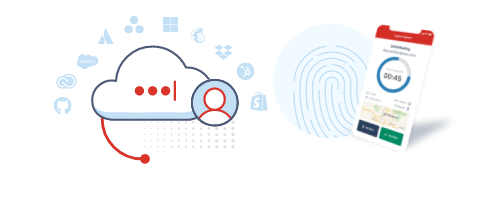
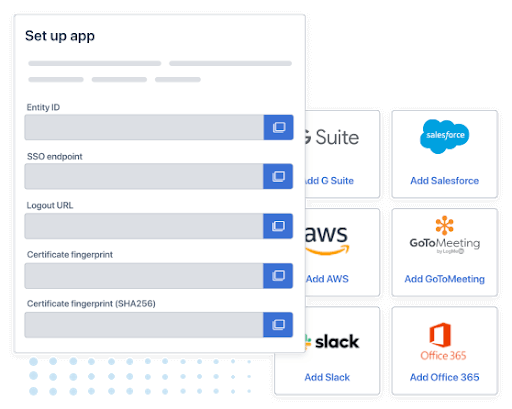
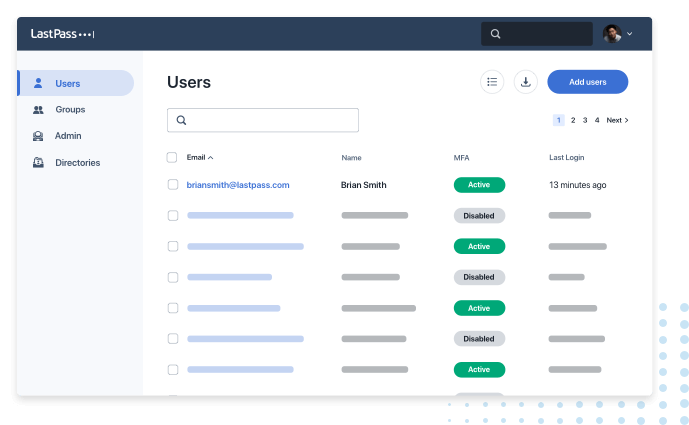



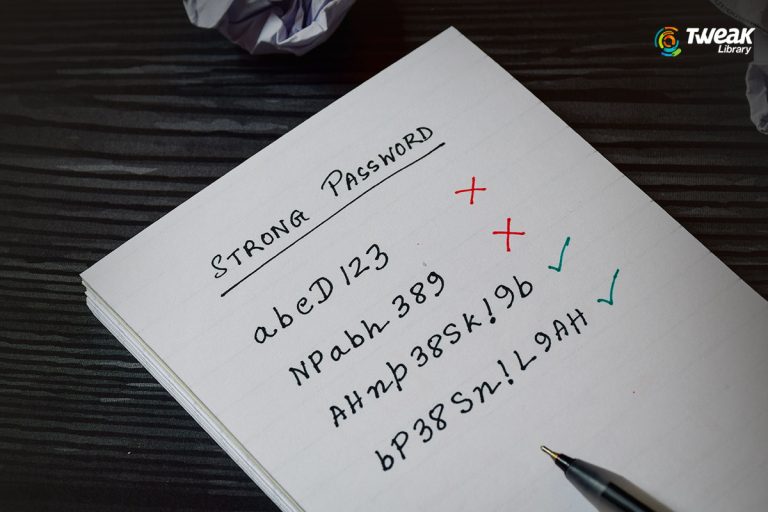
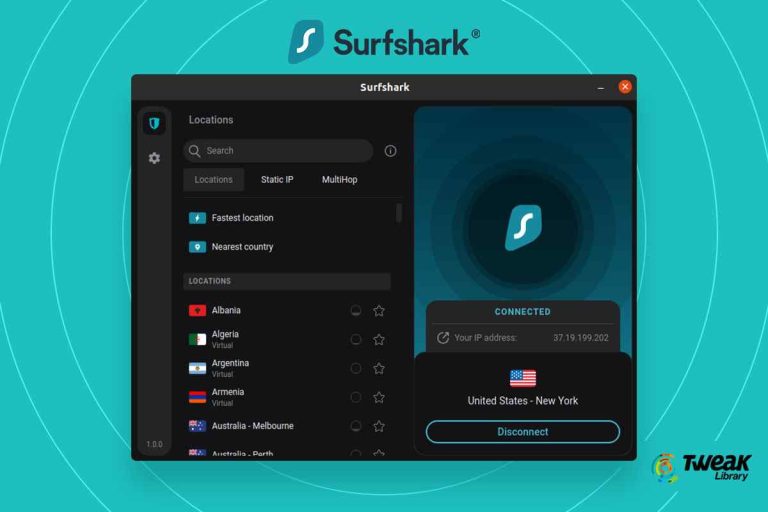
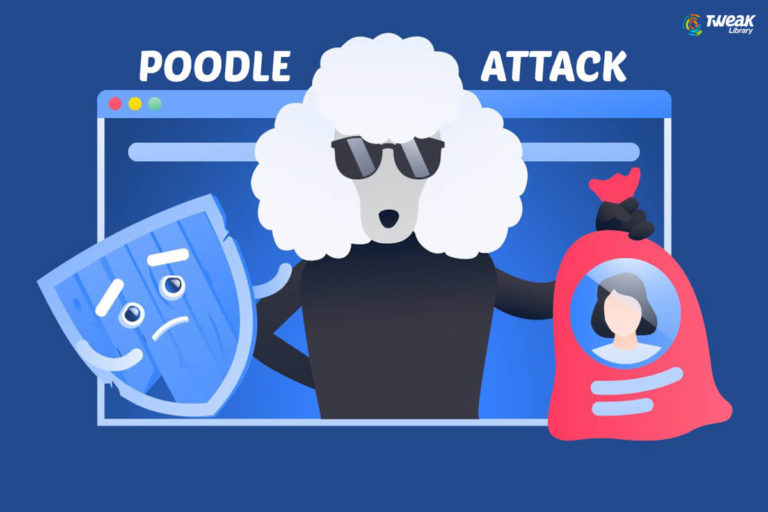
Leave a Reply